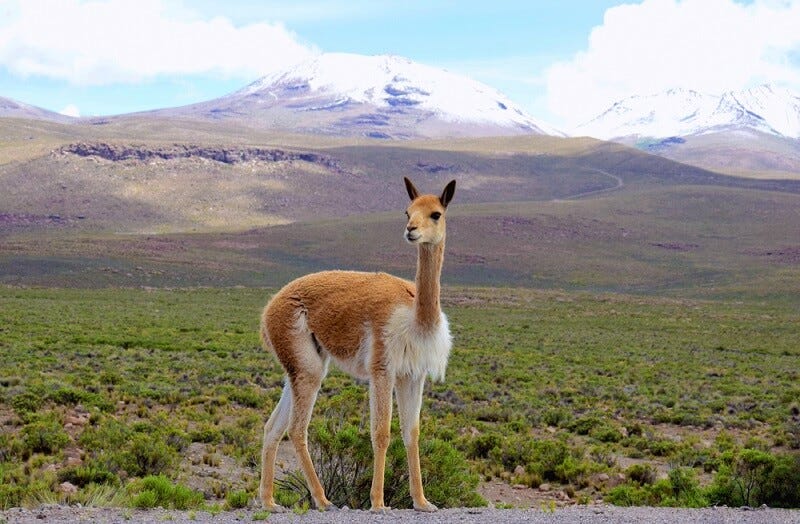A change is a brewin' (maybe?)
What I'm following that could actually have an impact on how fashion is produced and consumed
Ok, in lieu of me writing about the well of sickness that descended on my household over the past few weeks, I instead wanted to share a few things I’m excited about in the realm of fashion-related legislation that could actually have an impact on how we make and consume fashion.
My current stance is that industry and consumers alone are not going to change the course of the system away from cheap, disposable stuff made in an extractive and exploitative global production model. We still want shiny new things, and businesses are still required to first and foremost deliver on shareholder value aka profitability (understandable) and top line revenue (short-sighted)).
So we need some regulation to enter somewhere. Is it a tax on fast fashion goods? Is it mandates around supply chain transparency through tier 3 and 4 suppliers? How the hell do you regulate that? Here are some things I’m reading and following.
Business of Fashion posted a great article last week titled “Loro Piana’s $9,000 Sweaters Rely on Unpaid Farmers in Peru.” Hard to look away with a title like that (clickbait?) and still, it’s a well researched article tracing the ridiculously exploitative supply chain of one of the world’s most expensive brands.
In short, the Italian luxury house buy vicuña wool from a farm in Peru for $280 in the making of their uber luxury sweater that retails for ~$9000. Vicuñas are native animals to the Andes and are shorn once a year by famers in Lucanas (a town in the Andes of Peru). The average farmer sees none of the $280 - this cost has actually decreased 36% in the past 10 years - in service of a sweater that retails for $9000. To see the people at either end of this value chain - a Peruvian farmer living on less than $91/day (41% of the village live under the poverty line) volunteering to shear vicuñas once a year and one of the Pier Luigi Loro Piana, on the brothers behind the brand who became a billionaire in selling the brand to LVMH - is to witness the paradoxes of this industry.
I know it’s not this simple. There are a lot of other actors along the value chain that create this model but, the system is pervasive and the people making our clothes see so little of what we take.
France just advanced some pretty exciting legislation that would impact fast fashion. They are proposing taxing the advertising of fast fashion up to 10 Euros/item, just as cigarettes were in the 1950s and 60s. Is there anything more compelling to stop me from buying something than the price going up? I believe that, if this is adopted, this could have the biggest and most immediate impact on moving the market away from cheap, disposable clothing made with synthetics. A lot still needs to be figured out here to pass this into law. Top of my mind is how do you define “fast fashion”? Probably easiest to start with material composition (virgin synthetics likely to be the top of the “Do not enter” list).
The Fashion Act - proposed by the New Standard Initiative - would require brands with more than $100 million in revenue doing business in New York to map and monitor their full supply chain and set comprehensive climate targets. It’s a pretty bold bill but it keeps on moving along, slowly. It may be too bold though with some saying its broad scope is off-putting and “hard to grapple with.” If it passes, it could set in motion a mandate for standardization in measuring impact in the industry (think USDA and FDA regulation but for clothing).
$180 million investment in US textile “greenifying” by way of Biden’s “invest in America” agenda. The National Science Foundation’s (NSF) Regional Innovation Engines programme plans to award 10 companies/orgs across 18 states, with an initial investment of $150 million, with an emphasis on investing in sustainable textiles. Again, what does that mean? What are sustainable textiles? How does this impact the broader system? I think more textile production is good for business and the environment (less transportation emissions, more oversight, and builds up a dying industry).
What am I missing people?
p.s. I’ve been stuck on what to write about but would really like to share more frequently. More personal? More fashion? More entrepreneurial. Tell me in the comments if you care/have a preference.



